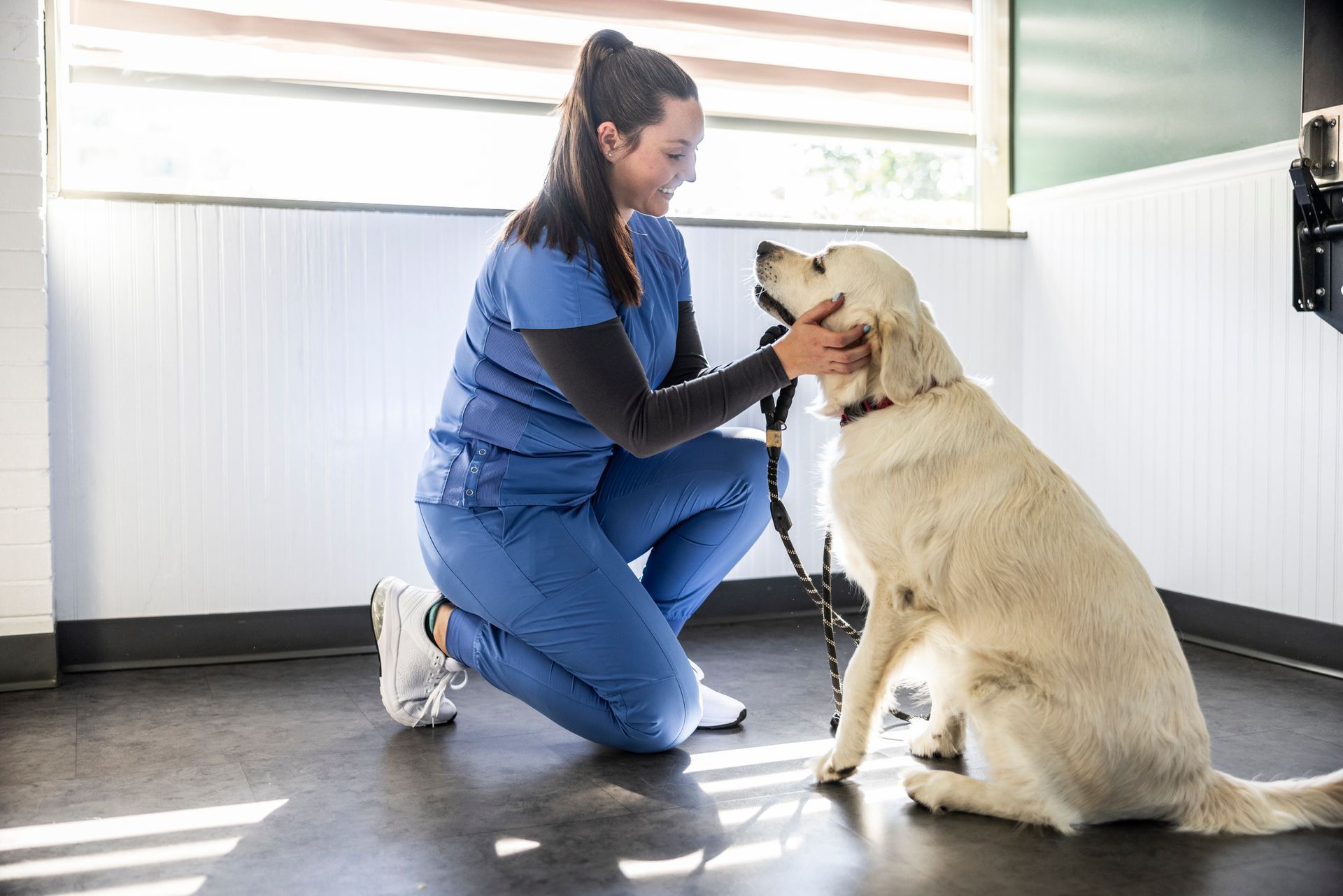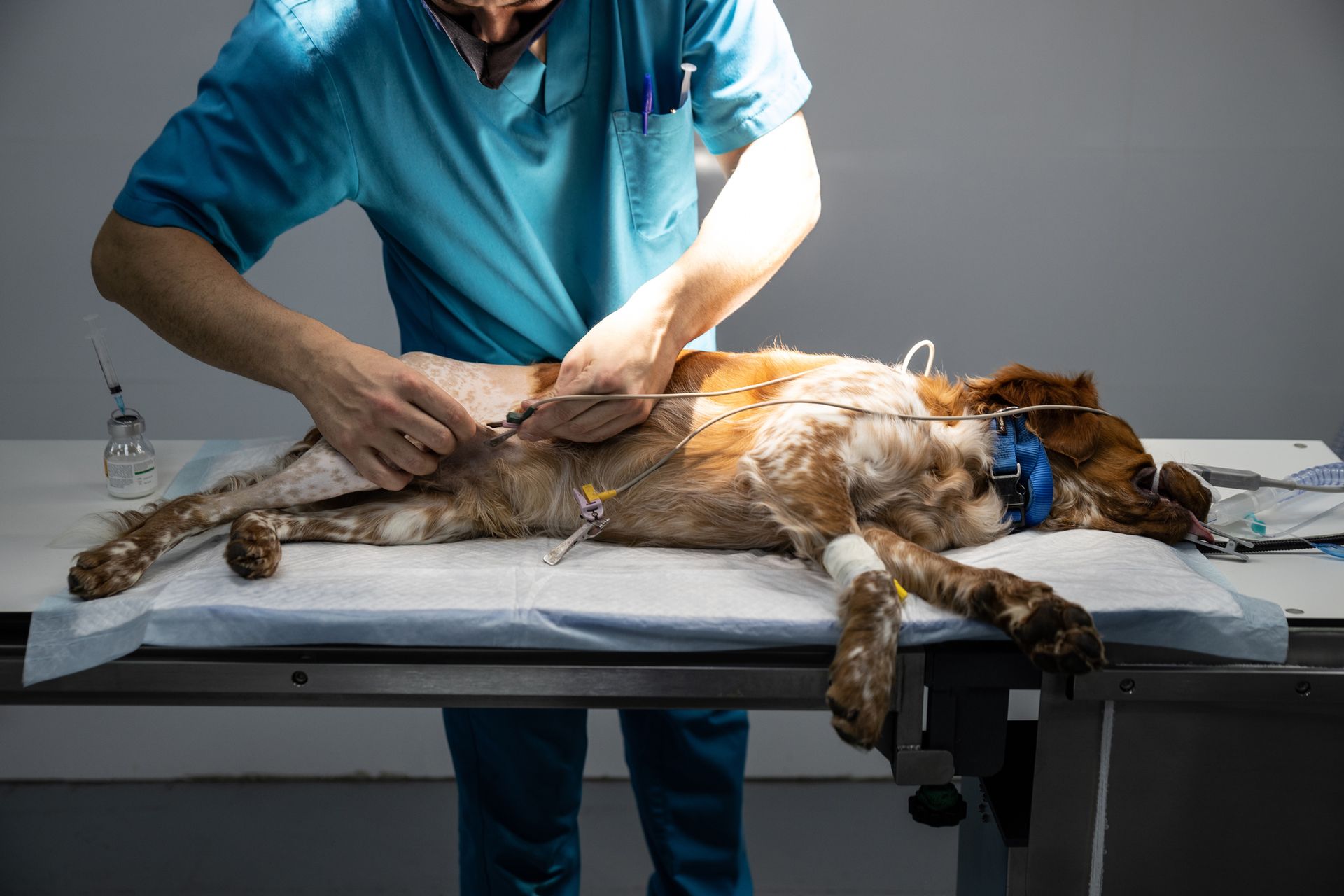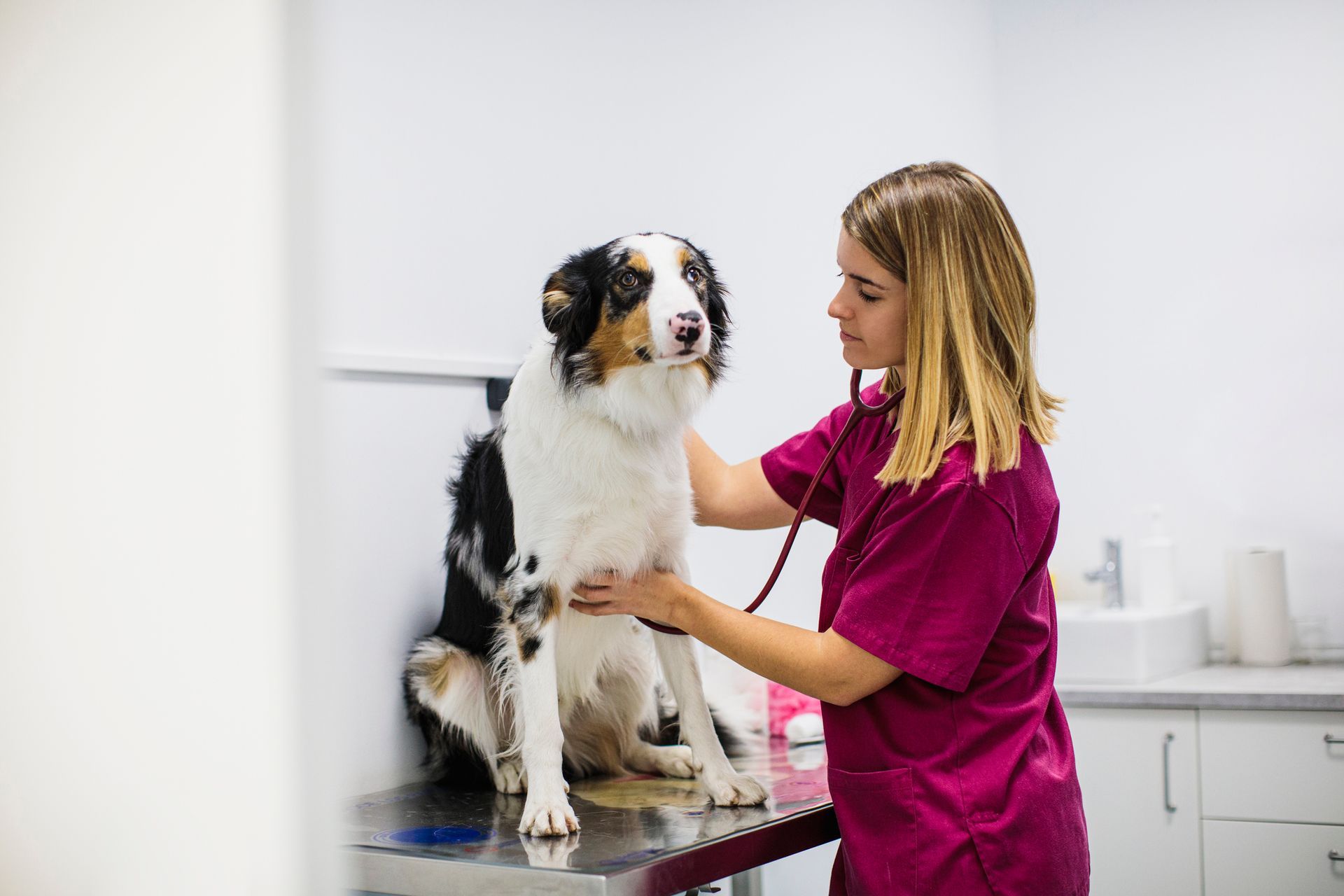What Is OFA Certification and Should My Dog Have It?

Much like humans, genetics play an important role in a dog's development. A dog's physical traits and habits are often determined by DNA. DNA research has grown leaps and bounds over the years and helps establish a dog's health very early on in their life. Unfortunately for some dogs, genetics can play a role in diseases and future health problems.
Genetic testing can help track potential problems and provide solutions before the problems worsen. One of the best methods to do this is through OFA Certification. Many vets provide the genetic testing process, and the more you learn about the certification, the more you will be informed about your dog.
What Is OFA Certification?
OFA stands for the Orthopedic Foundation for Animals. The foundation was developed in 1966. Several dogs from the same breed had developed similar issues, and a man named John M. Olin discovered the issues could be traced through a dog's linage and didn’t just randomly happen to some of the dogs.
Before blood-based genetic testing became readily available, one of the main ways to track orthopedic issues in dogs was through x-rays. Instead of just testing individual dogs with owners, the OFA Certification process began building a database. The dog's information, including the breeder, birth location, and family connections, was a part of the database.
The program is run exclusively through the University of Missouri, with several connections to vets around the world.
What Genetic Diseases Does It Cover?
Originally, the OFA Certification was established to discover hip dysplasia in dogs and is still a primary source to track any hip issues. Over the years, the expansion of DNA testing has led to several other genetic disease tracking. Dogs with bad knees could have a condition known as Patellar Luxations, which the OFA Certification tracks.
The OFA Certification also tracks the transmission of various heart diseases, and early discovery can help prevent major problems in the future. Hypothyroidism is also covered through the genetic testing. This condition can create a hormone imbalance in dogs that eventually leads to problems later in their life.
How Early Should My Dog Have OFA Certification?
Many of the genetic diseases may not show physical signs until years down the line when damage has progressed or the treatment options become limited. Ideally, test your dog and OFA certify them as young as possible. For example, hypothyroidism may be detectable in a dog at a young age and treatable before any symptoms occur.
If a dog doesn’t receive treatment, then the hypothyroidism could create issues for the dog, including weight gain and blood sugar issues. Through the genetic testing, a dog will receive a score based on probability due to past genetics. If the dog's parents went through the OFA certification process, then the information could help generate results as well.
With so many complicated details in genetics, not every answer is always in black and white. The range of genetic results will typically go from Excellent to Severe, especially in the case of hip dysplasia. An Excellent rating means that your dog's genetics likely contain no traces of hip dysplasia. Severe is the worst kind of genetic result.
The main goal of OFA certification is to help treat a dog's health and prevent future breeding of painful genetic diseases.
What Treatment Options Are Available?
Once a dog goes through the OFA certification process, several treatment options become available based on the results. For puppies with hip dysplasia issues, vets can perform surgery to treat the hip joints early on and reduce problems in the future.
One of the major surgeries is a complete hip replacement, but you also have the option for your pet to go through triple pelvic osteotomy. The treatment may be done when the dog is young, which will prevent a lot of common hip problems in the future. Once the OFA certification comes in, you can discuss the treatment options with a vet and choose the best course of action.
While surgery is rare in other conditions, the certification does help with preventative care. For example, if genetic tests show a possible genetic heart condition in your dog, then you may follow up regularly with your vet for x-rays and blood work to check on your dog's heart condition.
In many cases, a prescription will help with treatment options. Medication can help reduce pain, reverse the effects of genetic conditions, and keep hormones in balance. The OFA certification is the first step in the process and can help your dog live a long and happy life through proper medical treatments.
Make an appointment with us at the
South Seattle Veterinary Hospital. We offer OFA certification for dogs of all breeds. Once the results come in, we can break down the most common risk factors and possible dangers present in your dog. Even if your dog is fine, the certification will help build a database and ensure future generations of dogs remain healthy.










